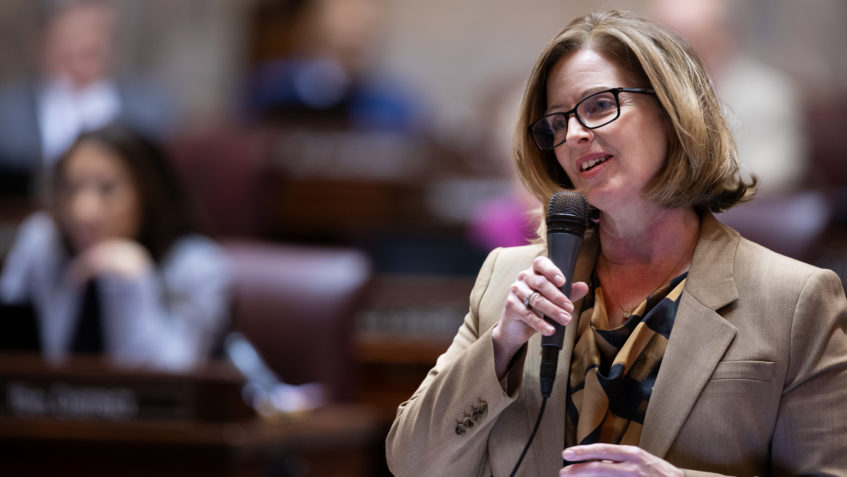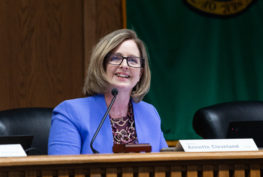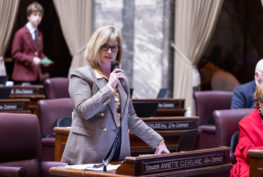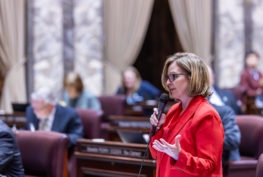OLYMPIA — Senate legislation passed today by the House Committee on Health Care & Wellness would ensure the continuation of timely ambulance response while also protecting Washingtonians from being billed for emergency ambulance service beyond the costs covered by their health plans.
Having already passed the Senate, SB 5986 now needs only a vote by the full House to be sent to Gov. Jay Inslee to be signed into law.
Sponsored by Sen. Annette Cleveland (D-Vancouver), SB 5986 addresses emergency ambulance service on two levels. First, it clarifies rates in state statutes to fortify the availability of ambulance service in all corners of the state. Second, the bill expands existing protections that shield consumers from unexpected costs charged by out-of-network health care providers to include ground ambulance service. The additional charges, known as balance billing, have been used to make up the difference between a provider’s billed amount and the amount covered by a patient’s insurance company.
“No one should get additional bills for the same service, especially when they’ve been led to believe they’ve already paid for it,” Cleveland said. “We already have protections in place for many services, but we continue to find areas that have slipped through the cracks. Well, this bill will close one of those cracks.”
The practice of balance billing comes into play when, for example, a provider’s charge for ambulance service is $1,000 and the allowed amount is $700, and the provider bills the patient separately for the remaining $300. SB 5986 expands the state’s general prohibition on balance billing to include ambulance service.
Cleveland said her legislation was shaped by meetings over several months with a diverse group of stakeholders, including emergency transport service providers, to find a solution that would protect consumers while establishing rates that will help keep ambulance providers in business.
Washington state was one of the first to ban balance billing for a wide range of emergency health care services, and Congress responded by taking similar action. However, that action failed to take into account all types of services.
“No one deserves to be hit with bills that were not planned for or expected,” Cleveland said. “We’ll continue to look for exceptions and make sure people get the services they’ve paid for without getting hit with surprise bills for additional costs.”




